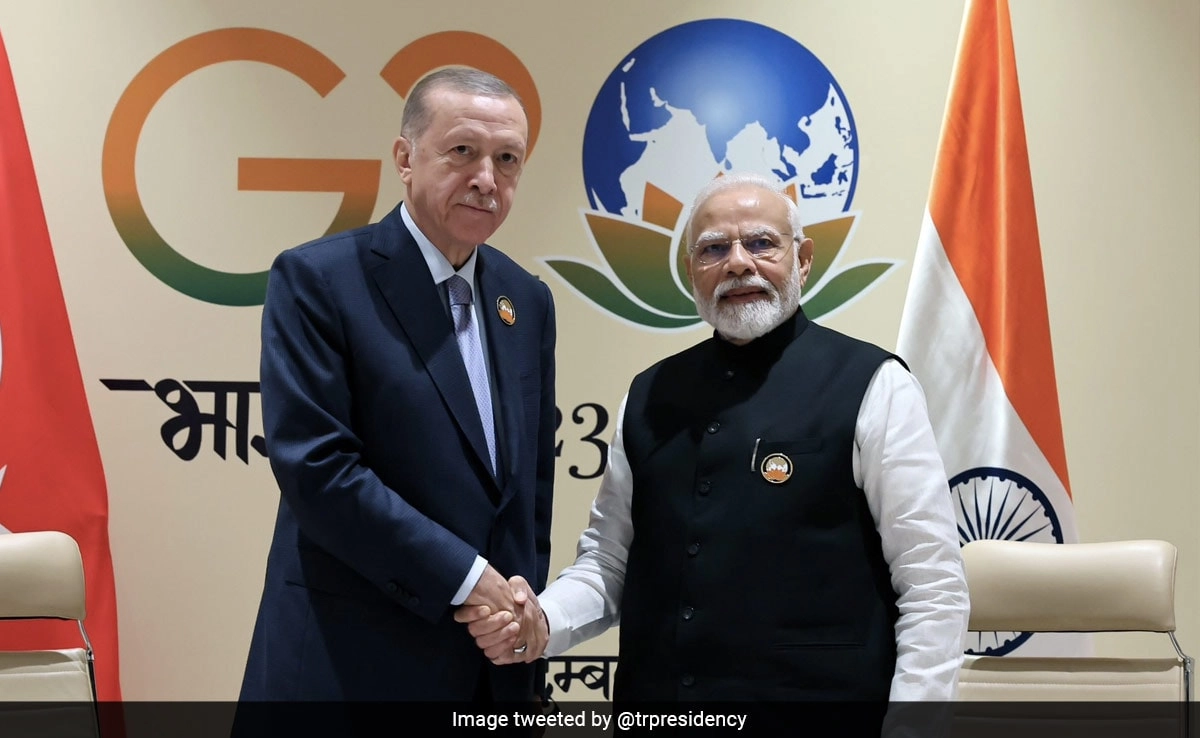India’s trade ties with Turkey and Azerbaijan have become increasingly significant amidst the ongoing geopolitical tensions in South Asia, particularly regarding Pakistan. These relationships are not only driven by economic interests but also by strategic imperatives that have evolved in the context of regional conflicts and international alliances. Turkey and Azerbaijan, both key players in the South Caucasus and the broader Islamic world, offer India opportunities to expand its influence and counterbalance Pakistan’s longstanding alliances, particularly with nations like China and Turkey.
India’s trade with Turkey has seen considerable growth, with bilateral trade reaching substantial figures in recent years. This growth is fueled by mutual interests in various sectors, including textiles, machinery, and pharmaceuticals. Turkey’s strategic position as a bridge between Europe and Asia makes it an essential partner for India in diversifying its trade routes and securing access to new markets. Moreover, Turkey’s involvement in various international forums and its role as a NATO member provide India with a platform to engage with Western powers while fostering closer ties with a key regional player.
Azerbaijan, on the other hand, has emerged as a crucial partner for India, especially in the context of energy security and regional stability. With its rich oil and gas reserves, Azerbaijan offers India an opportunity to reduce its energy dependence on traditional suppliers. The Southern Gas Corridor, which aims to transport Caspian gas to Europe, presents a strategic interest for India, which is keen on diversifying its energy sources. Additionally, India’s cooperation with Azerbaijan in areas like defense and technology has strengthened the bilateral relationship, allowing India to enhance its standing in the geopolitical landscape of the South Caucasus.
As tensions with Pakistan continue to shape regional dynamics, India’s growing ties with Turkey and Azerbaijan reflect a broader strategy of strengthening alliances that can provide economic benefits and enhance security. These partnerships are not merely transactional; they represent a shift in how India approaches its foreign policy—moving towards a more proactive stance in engaging with countries that can support its strategic goals. In this context, the relationships with Turkey and Azerbaijan are pivotal, as they not only bolster India’s economic interests but also serve to counterbalance the influence of adversarial nations in the region.




